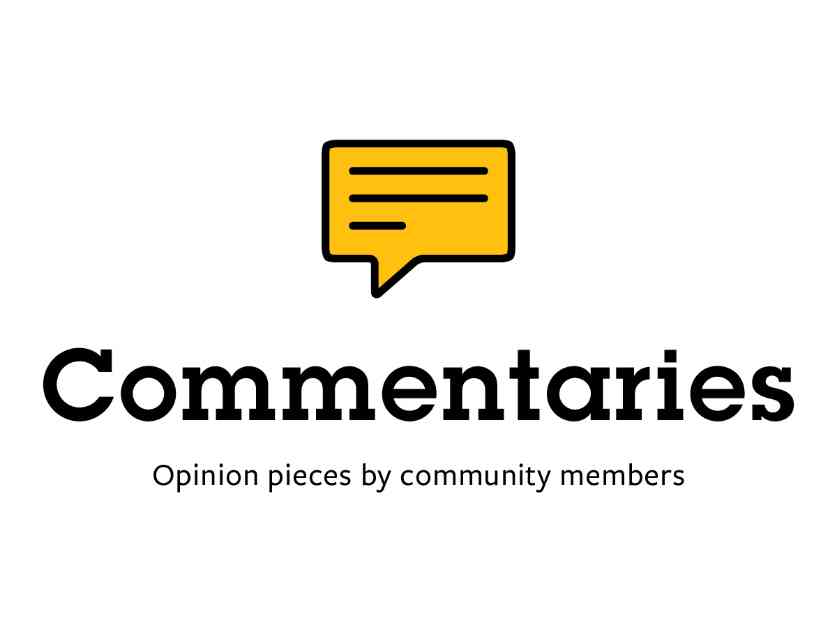The Value of Tax Dollar Spending: A Closer Look
In a world where every dollar counts, the scrutiny of tax dollar spending is a critical aspect of ensuring financial responsibility and accountability. Representative Mike Mrowicki, a Democrat representing Putney and Dummerston in the Vermont House of Representatives, sheds light on this important issue from a personal perspective.
With a poignant anecdote about his grandfather, an immigrant who understood the value of hard-earned money, Rep. Mrowicki sets the stage for a discussion on the meticulous process of budget allocation. Drawing parallels between his grandfather’s frugal habits and the careful examination of state expenditures, he emphasizes the importance of responsible financial management in government.
As a member of the House Appropriations Committee, Rep. Mrowicki takes his role seriously, likening the metaphorical rubber bands around his grandfather’s wallet to the cautious approach taken by the committee when approving state expenses. Every line item is thoroughly analyzed, and the rationale behind each expenditure is meticulously scrutinized to ensure that taxpayer dollars are used wisely.
The Rigorous Process of Budget Approval
Rep. Mrowicki provides insight into the rigorous process that governs the allocation of state funds. From the initial request for expenditure to the final approval by the governor, every step is marked by careful consideration and thorough examination. The House Appropriations Committee, comprising 150 members, plays a pivotal role in evaluating and approving budget proposals, ensuring that each dollar spent serves the best interests of Vermonters.
While disagreements may arise regarding the allocation of funds, Rep. Mrowicki assures readers that the state’s budget is subject to a robust system of checks and balances. The democratic process requires that all expenditures be justified, debated, and ultimately approved through a series of deliberations and votes. This meticulous approach reflects a commitment to transparency and accountability in financial decision-making.
Navigating Fiscal Challenges and Uncertainties
As Vermont grapples with fiscal challenges and uncertainties, including the impact of federal policies on state finances, Rep. Mrowicki highlights the importance of long-term planning and sustainable budget solutions. The mid-year budget adjustment, currently in progress, addresses emerging needs such as nursing home care, flood damage repair, emergency housing, and women’s health services. These allocations are informed by data-driven assessments and responsive to evolving community needs.
Looking ahead to the 2026 budget cycle, Rep. Mrowicki acknowledges the unpredictability of the economic landscape and the need for adaptive strategies in response to external factors. While the governor’s budget proposal sets the stage for upcoming deliberations, the input and feedback of Vermonters are essential in shaping budgetary priorities that reflect the values and concerns of the community.
In conclusion, Rep. Mrowicki reassures Vermonters that their tax dollars are being handled with care and diligence. Just as his grandfather valued each dollar earned, the House Appropriations Committee upholds a commitment to fiscal responsibility and prudent spending. By inviting public participation through upcoming budget hearings, Rep. Mrowicki emphasizes the importance of community engagement in shaping budget decisions that impact the lives of all Vermonters.
As the legislative session unfolds, Vermonters can rest assured that their voices are being heard and their concerns are being addressed through a transparent and accountable budgeting process. The legacy of financial stewardship passed down by Rep. Mrowicki’s grandfather serves as a guiding principle in the responsible management of taxpayer dollars for the benefit of all.









